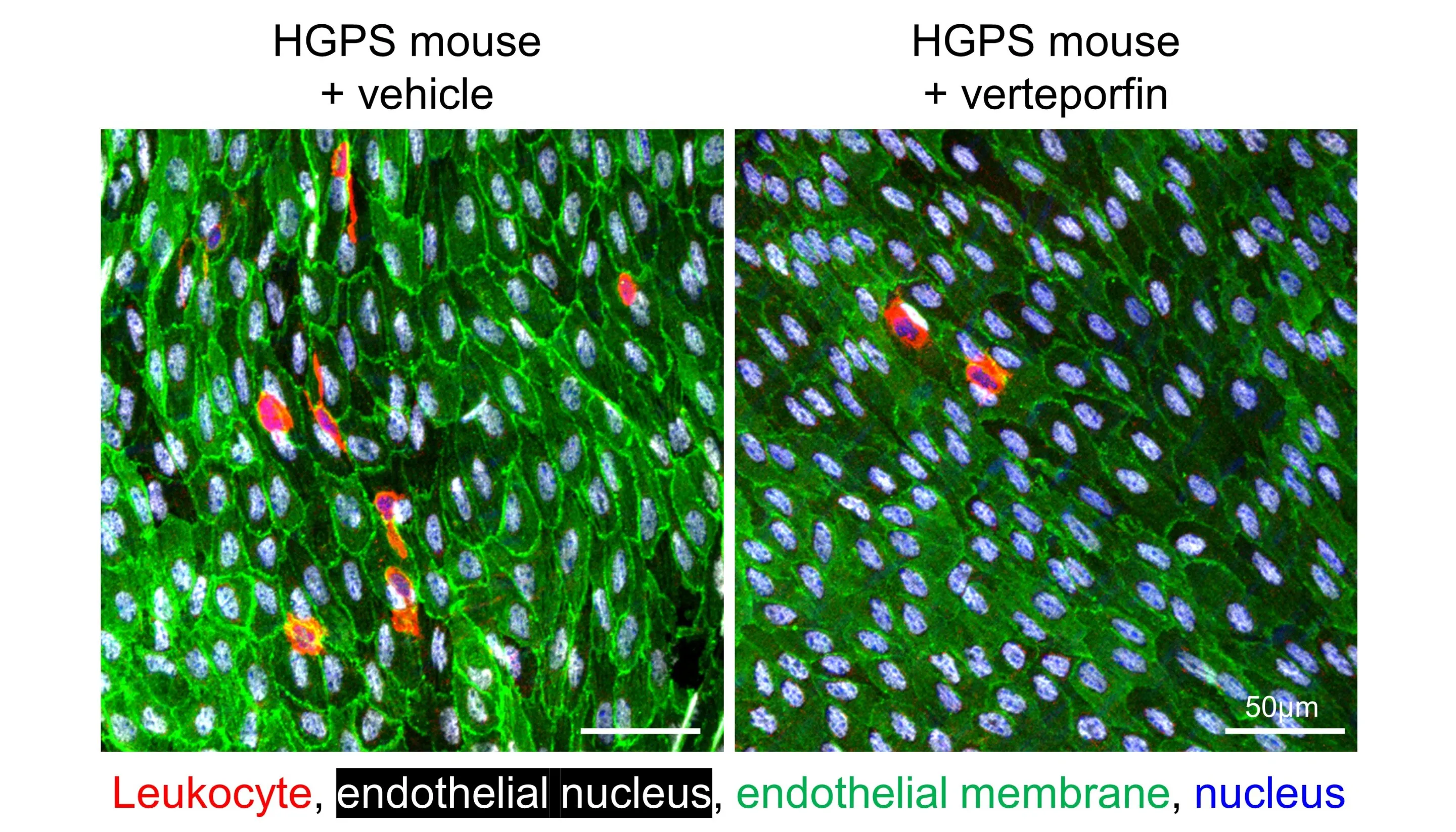Medicine Research Insights: Key Mechanism in Atherosclerosis and HGPS

Understanding the Mechanism Driving Atherosclerosis
Recent findings in medicine research have identified a crucial mechanism implicated in atherosclerosis, especially in individuals suffering from Hutchinson-Gilford progeria syndrome (HGPS). This groundbreaking study highlights the connection between cardiovascular disease and genetic disorders, marking a pivotal moment in health science.
Key Findings from Health Research
- Hutchinson-Gilford progeria syndrome is characterized by accelerated aging, leading to early cardiovascular complications.
- Scientists uncovered that a specific protein plays a vital role in the development of atherosclerosis in HGPS patients.
- This discovery offers a new perspective on health research, suggesting potential therapeutic targets.
As health research news continues to evolve, these insights may lead to improved treatments for atherosclerosis related to genetic profiles.
Disclaimer: The information provided on this site is for informational purposes only and is not intended as medical advice. We are not responsible for any actions taken based on the content of this site. Always consult a qualified healthcare provider for medical advice, diagnosis, and treatment. We source our news from reputable sources and provide links to the original articles. We do not endorse or assume responsibility for the accuracy of the information contained in external sources.
This article was prepared using information from open sources in accordance with the principles of Ethical Policy. The editorial team is not responsible for absolute accuracy, as it relies on data from the sources referenced.